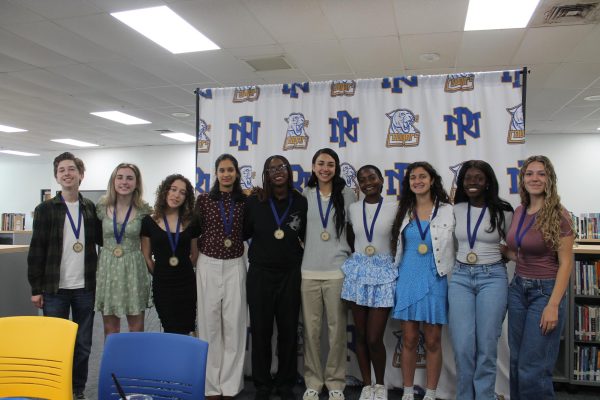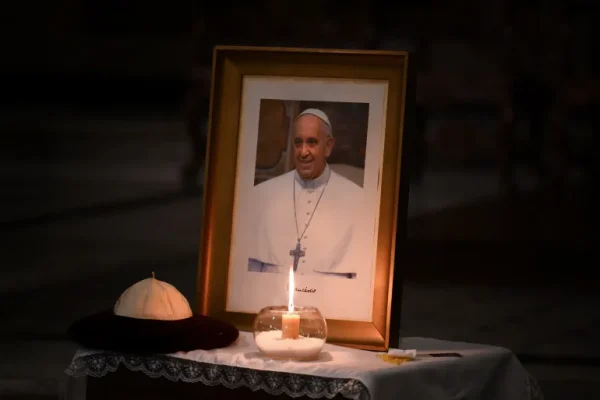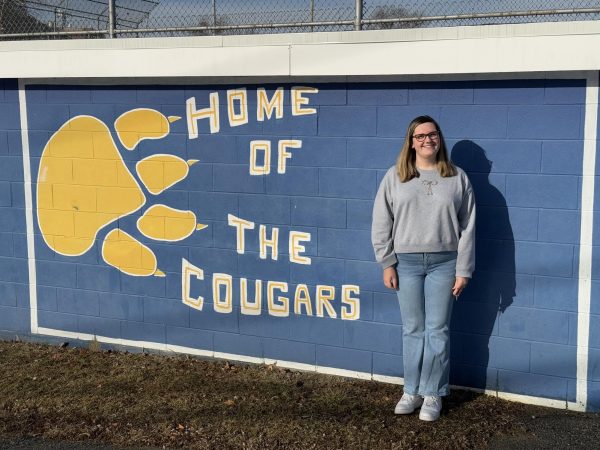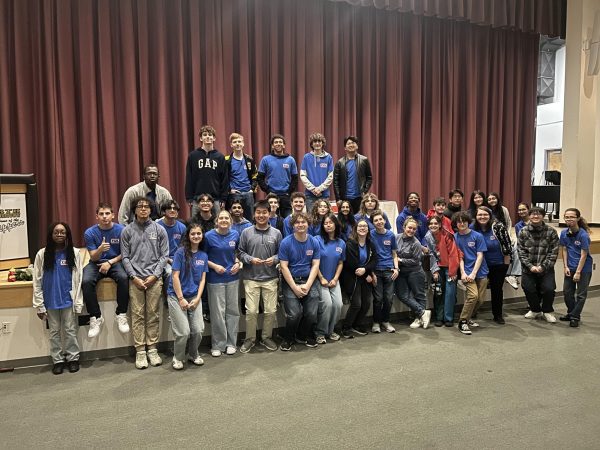Debate On Cameras: Should Teachers Be Able To Mandate Student Webcams?
Is having students turn their cameras on during virtual class a violation of privacy or merely an action to encourage participation?
NORTH PROVIDENCE, RI — In the beginning of the 2020/21 school year, administrators at North Providence High School announced that they would not mandate the use of webcams for students at home who were distance learning, both for the day (hybrid model) or complete distance. Justification for not requiring students to keep their cameras on was simply a concern of privacy. Administrators did not want to expose students’ home life or make them feel uncomfortable while learning. However, some teachers are raising questions about what is more important: comfort or participation.
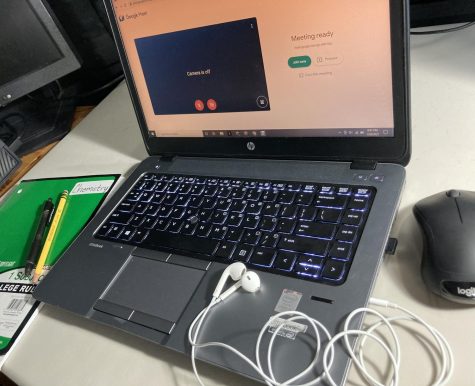
A teacher at NPHS tells us they believe that the use of cameras at home can help students stay focused in class and encourage them to participate more. They believe that while student’s comfort while learning and level of privacy regarding home life are very important, these things are easy to combat or work around. They suggested ideas such as sitting against a wall, so students aren’t showing off their home to the rest of the class, or hanging a backdrop such as a sheet for the same purpose. This teacher also said that they offer extra credit to students who turn on their cameras for purposes of participation, therefore students that do not want to use their webcams, will not be negatively affected.
This teacher also pointed out that Google Meets has a virtual background setting which allows students to block out what is in the background of their frame with an appropriate virtual backdrop provided by Google.
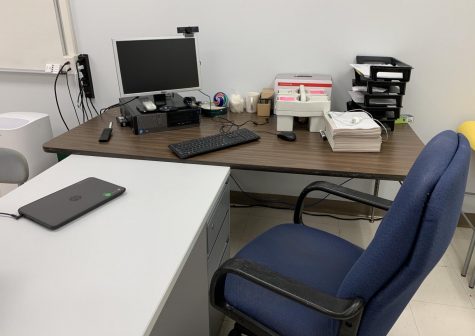
On the other hand, there are many students that are against the mandating of cameras, and believe that it is an invasion of privacy. Some students believe that teachers should not have the right to grade or offer extra credit based on if their camera is on or not. A student that prefers to stay anonymous tells the Cougar Courier, “I don’t think cameras encourage student participation whatsoever. I believe it actually has a reverse effect and makes some students feel uncomfortable while trying to learn.”
Another student conveys a similar perspective. They said “I don’t like the mandatory use of cameras in class because it does more harm than good. [I believe] it makes students feel as though they are being watched and so it is hard for some students to feel comfortable even in their own homes.”
Virtual learning started in mid march of 2020, when the COVID-19 pandemic forced schools to close. Distance learning has been a struggle for teachers and students, and even administrators who have to find ways to properly staff the building while teachers are quarantining. After almost a year of virtual learning, teachers have completely changed their curriculums to effectively teach to students online, and although they have overcome this hurdle, they are now struggling to bring students to want to participate in class. This is why some teachers want their students to have their cameras on during class time, in hopes that it will encourage them to actively engage in the lesson.
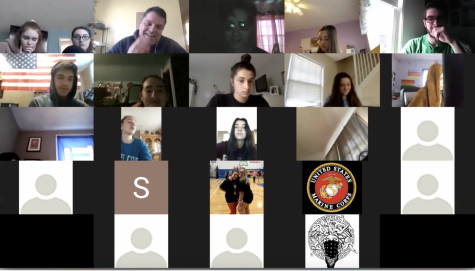
A study conducted by the associated press showed 500,000 public school students nationally are not attending classes or even logging into virtual school. That is just over two percent of all students in the country. Teachers are trying to find new ways to keep their students engaged, and if offering extra credit to keep students on task is one of those tools, more schools might start to adopt that strategy. Before 2020, enrollment and attendance in public schools was generally increasing, but the switch to virtual learning has unfortunately detoured that statistic. In Rhode Island alone, close to 4000 of the 140,000 students enrolled in public school have not attended school at all in the 2020/21 school year.
